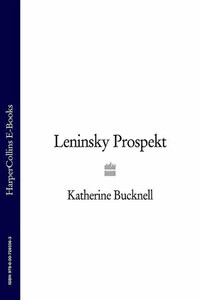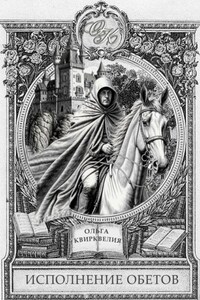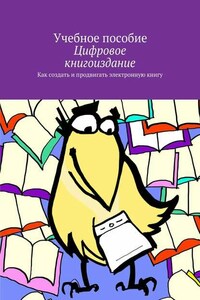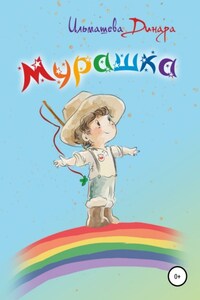Viktor was thinking about trees. He leaned back as far as he could and he saw brightness flash and move through his blindfold as the van heaved and tossed its way through whatever streets these were, and he imagined that he could see flickering translucent leaves turning and trembling in their thousands above him, layer upon soaring layer, spiralling up to the blue sky which he knew must lie beyond. It opened his head, what he could imagine today, with the continual changes in air, the thin real light and the ordinary city noises that he associated with Moscow and home. He resisted wondering exactly where he was or why he was being moved. Instead, he journeyed in his thoughts, along a rutted country road lined with white-trunked birch, their peeling bark showing black scored stripes and pink tree flesh among their chalky, breeze-twisted leaves. Beyond the birch, straight, taller firs with their sober-needled boughs marshalled the blue depths of the forest.
The road bent away in front until it was lost to view; he might make it hours still before he arrived at the little dacha, with its polished dark wood walls, its brick chimney, smoke twitching the nostrils, the chairs positioned on the veranda in the last patch of sun, his books and papers on the desk inside where he had left them, his pen still uncapped, the line to finish. Maybe she would be waiting outside, alert on the chair which she favoured, looking out for him. Or, no. Maybe she would be lying on the blowsy red sofa, by the desk, her feet up, reading a book, fidgeting with the splayed brown ends of her braids.
These were savoured images. For months, years, now, going over them and over them, Viktor had found he could make them more detailed, more real. He believed he could probably go on doing this for ever, but he had realized early on that he must be careful not to discover whether he was right. He must be careful not to find himself at the end of his resources. For instance, he tried not to find words for these images; whenever he had pencil and paper, he didn’t write about them. Instead, he forced himself to begin making new images, new scenes to turn to, before he could tire of the ones he loved best. He kept his mind moving, fresh, alive, by planning poems but not writing them down until he had an idea for a new one, a better one. Like a cook, he was always preparing something for himself to look forward to, to indulge himself in, even though he had to cook without meat or even a carrot or an onion for his pot. The feeling of anticipation was deeply pleasurable to Viktor; the feeling of nostalgia was not. He never allowed himself to consider what he had lost. Regret weakened him.
And he never allowed himself to get close to her, close enough, say, to reach for her. He knew that when tenderness turned to appetite, he couldn’t float his imagination over it, couldn’t lift his mind out of the trap he was in, his body. He was better off with sentimentality, with pictures that he softened on purpose in order to comfort his heart. Physical desire was too hard a struggle.
With such disciplines, he had lasted a total of nearly five years in prison. Once, after the first four years, he had been released, shoved into the open: the clamouring, all-talking, over-bright reality where other people’s trains of thought unpredictably crashed in on his. He had not been allowed back to the institute to continue his research, but a friend helped him get temporary work in the library there. The unregimented hours away from his inner life had made him fretful, as if he were starved of sleep. This, too, he had learned to cope with, but then his freedom hadn’t lasted.
Since returning to prison, he had continually practised engaging with others – exchanging messages and making deals at exercise time, giving impromptu lectures, organizing work strikes, hunger strikes, writing letters of complaint, writing on the walls, until, often, he was put into solitary confinement. And he kept an image ready for freedom. It wasn’t an image that he dared to explore at all; it was only a black dot, like a punctuation mark or a hole, which made his breath come shallow and sharp when he considered, even for the briefest second, that it existed. Still, he wouldn’t allow himself to forget it was there: a possibility, hurtling towards him – liberation, confusion, a kind of death – the moment when he might again feel a certain kind of concern about the actions of others. He feared this moment pressing upon his thoughts more even than flesh, more than the likely slide into depravity that he along with all his fellow prisoners continually risked, through lack of choice, through bondage.










